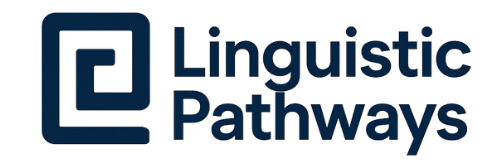Introduction
From the United Nations to global NGOs and tech giants, international organisations are urgently seeking African linguists. With Africa’s population surpassing 1.4 billion and over 2,000 languages spoken across the continent, language access is critical for diplomacy, healthcare, technology, and development projects.
If you speak an African language fluently, the global stage is wide open — and here’s how you can step onto it.
Why African Languages Are in Demand Globally
- Diplomacy & International Law: UN bodies, the African Union, and the EU need interpreters and translators for African delegates.
- Humanitarian Work: NGOs like Red Cross, Save the Children, and Médecins Sans Frontières rely on interpreters to support fieldwork.
- Technology: Tech companies need African languages for AI, localisation, and global communication tools.
- Media & Research: News agencies and think tanks rely on African translators for accuracy and cultural context.
Roles Available in International Organisations
- Conference Interpreters (UN, AU, EU, WHO)
- Translators (legal, medical, humanitarian documents)
- Field Interpreters (NGO projects across Africa)
- AI & Linguistic Consultants (data annotation & voice training for tech firms)
- Cultural Advisors (ensuring contextually correct messaging in campaigns)
Skills & Qualifications Needed
- Strong bilingual ability (English/French/Arabic + African language)
- Professional training (community interpreting, DPSI, translation studies)
- Cultural fluency (understanding both African and global contexts)
- Soft skills: diplomacy, confidentiality, and accuracy under pressure.
Pro tip: Even if you don’t yet hold international qualifications, starting with local training + the Linguistic Pathways Directory positions you for opportunities when calls for African linguists open.
Where to Find These Opportunities
- United Nations Careers Portal
- NGO Job Boards (ReliefWeb, Devex, Idealist)
- Tech Company Recruitment (Google, Meta, Microsoft AI teams)
- Linguistic Agencies partnered with international projects
- Linguistic Pathways Directory (a growing global hub for African linguists).
Conclusion
African linguists are not just interpreters — they are the voice of a continent in global conversations.
If you speak an African language, your skills are needed worldwide. Register today with Linguistic Pathways and unlock international opportunities.


